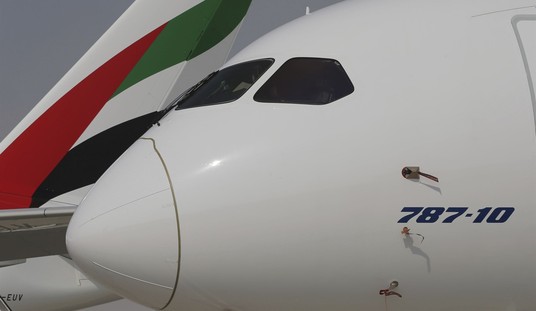
For years, Walter Carter was the in-house historian at Gibson Guitars, before serving a similar function for well-known vintage guitar dealer George Gruhn. He has a new book out this month published by Backbeat Books, called The Epiphone Guitar Book: A Complete History of Epiphone Guitars. Its slick, glossy, 160-pages are heavily illustrated, with many photos in color.
With a legacy dating back to the 1870s and Greek luthier Anastasios Stathopoulos, the Epiphone brand name takes its name from two components — the nickname of Anastasios’ son, Epaminondas, and the word “phone,” which, in the 1920s when the brand Epiphone was launched, competed with the word “radio” to symbolize high-tech and modernity. (See also: Gramophone, the Radio Flyer, etc.)
Epiphone has had several twists and turns in its history. Until the mid-1950s, it competed neck and neck (pardon the pun) with Gibson for sales of arch-top jazz guitars. Ted McCarty, who built up Gibson as a music instrument powerhouse in the mid-2oth century, said that “when I came to Gibson, the biggest competition we had was Epiphone.” But the death of Epi in 1943, followed by squabbles among the surviving Stathopoulos family during the following decade, caused the value of their business to plummet. McCarty acquired Epiphone for Gibson’s parent company at a bargain rate, and production of Epiphone guitars switched in-house to Gibson’s Kalamazoo, MI plant, during the 1960s. The new brand name gave Gibson certain advantages: they could protect the exclusive arrangements their dealers had with Gibson, but sell Epiphone to nearby music dealers, positioning it as a slightly lower brand — the Buick or Oldsmobile to Gibson’s Cadillac.
In the mid-1960s, Epiphone models were played by a little-known cult act called the Beatles — “Everybody but Ringo,” as Carter told me. McCartney played an Epiphone Texan acoustic on “Yesterday,” George Harrison played his Epiphone Casino on Sgt. Pepper, and John Lennon played his own Casino on the rooftop of Apple Records during their legendary last concert at the conclusion of Let It Be.
In the early 1970s, Gibson sent production of Epiphone guitars overseas. Today, it exists, in part, as an entry-level brand for new guitarists (and as such, there are likely more Epiphones in circulation than Gibsons) and there’s some controversy between those who own traditional made-in-America Gibson guitars such as the Les Paul, and those who own Les Pauls and other models also sold under the Epiphone name.
Carter discusses all that and much more in our 21-minute interview. Click here to listen:
[audio:http://pjmedia.com/lifestyle/files/2013/01/201310111-pjm-ed.mp3](21:23 minutes long; 19.5 MB file size. Want to download instead of streaming? Right click here to download this show to your hard drive. Or right click here to download the 6MB lo-fi edition.)
If the above Flash audio player is not compatible with your browser, click below on the YouTube player below, or click here to be taken directly to YouTube, for an audio-only YouTube clip. Between one of those versions, you should find a format that plays on your system.









Join the conversation as a VIP Member